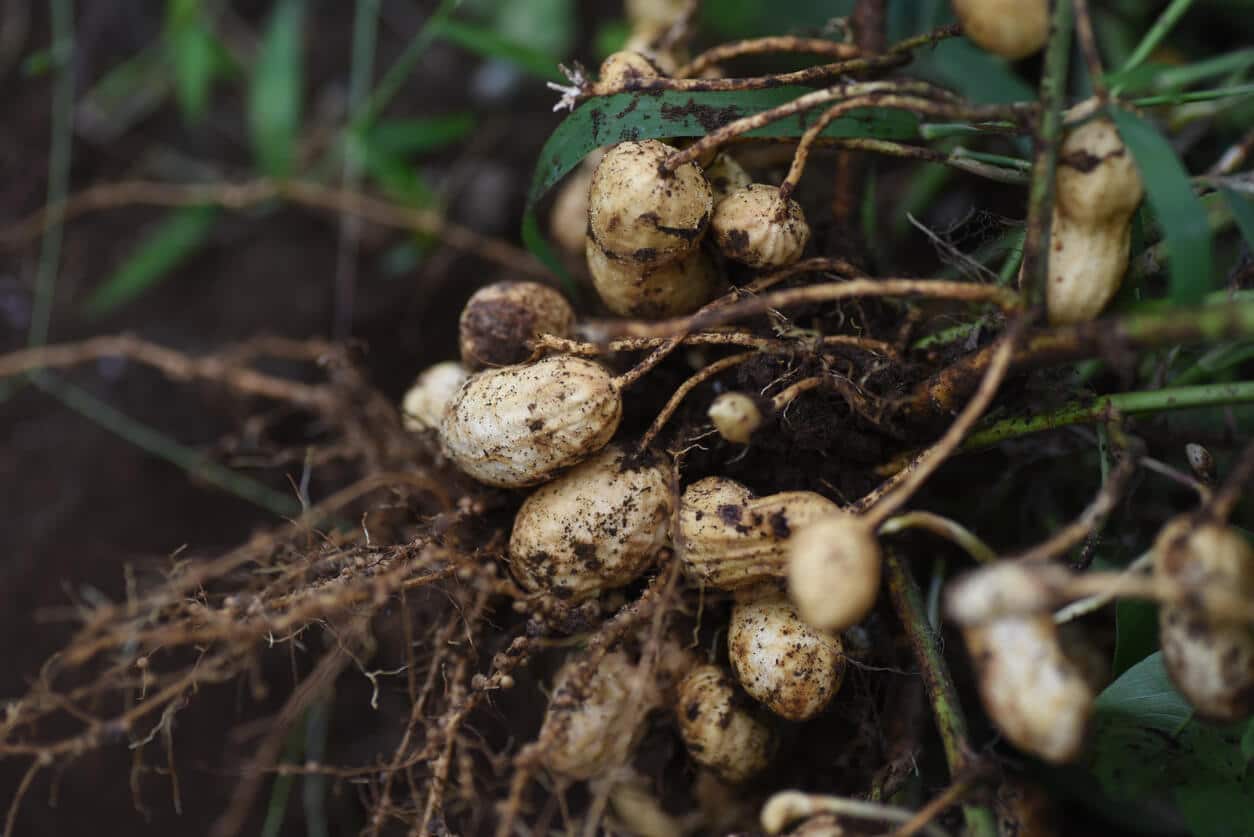The national seed associations are often the pivotal point for initiating and maintaining the communication from the seed sector to the political decision makers in a country. European Seedasked four different African seed associations what kind of interactions their member seed companies have with Europe. And also which opportunities and challenges that exist between their and the neighbouring continent.
Tunisia
Riadh Gabsi, President of the Tunisian seed association and momentarily also President of the African Seed Trade Association (AFSTA) indicates that 90 per cent of the seed business in Tunisia is done with Europe, and concerns OP seeds, vegetable hybrids, potatoes and various kind of plants. “The relationship is very developed, the geographical position of Tunisia and the historical links with Europe are at the origin of this,” he says.
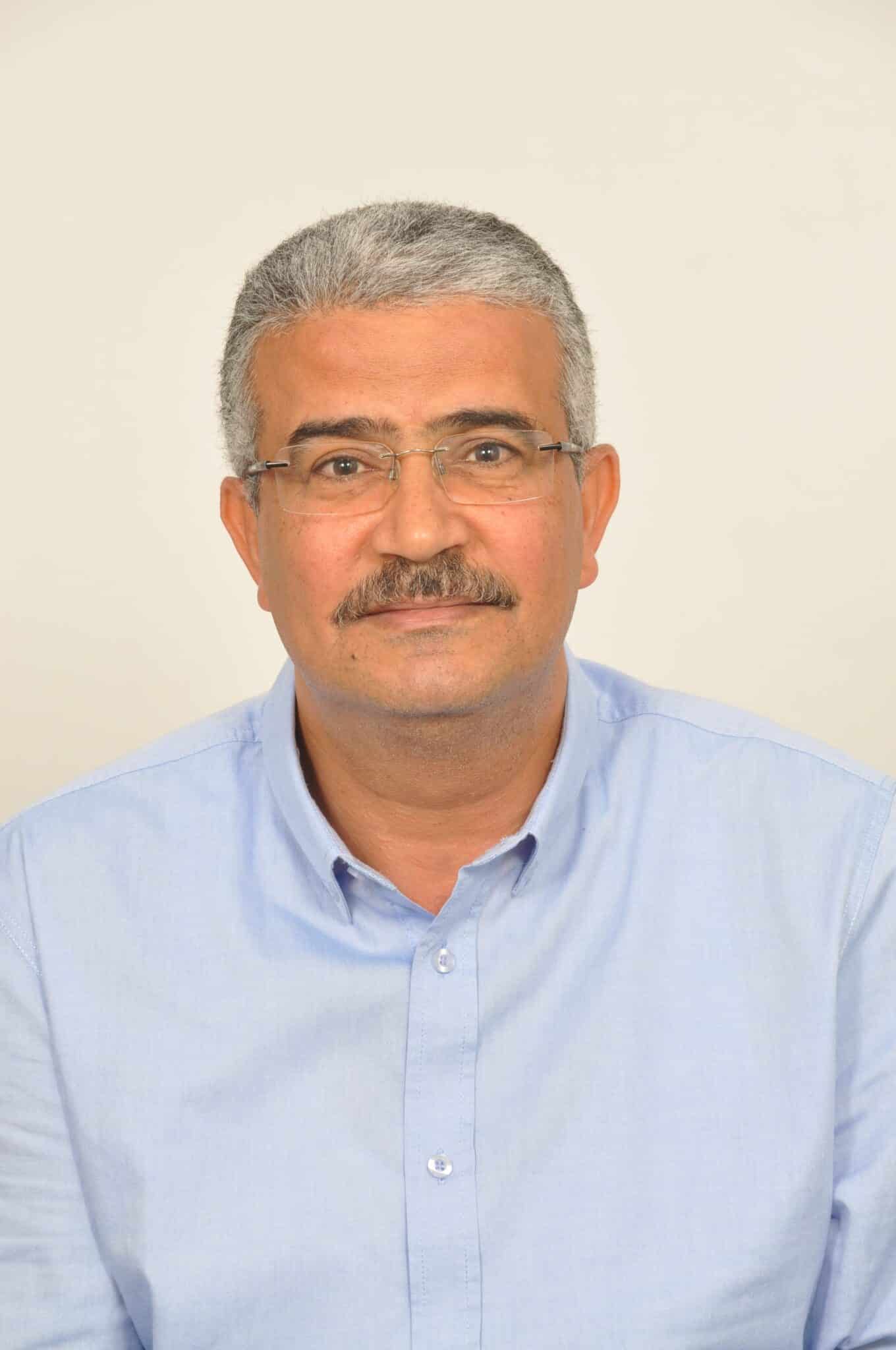
With regards to opportunities he sees for their member seed companies in their trade with Europe, he shares that trade with Europe is continuously growing and their member seed companies are following closely the innovation in the seed industry in Europe. “As already said, the vegetable seed business is increasing and also the exchange in all kind of plants. In our association, we are currently working hard with the authorities to obtain a better contribution of the private sector in the production of certified cereal seeds and in this sector, the partnership is exclusively with European companies” he adds.
But there are also some challenges that are preventing the member companies to do more seed trade with Europe. “The registration in the National Seed Catalogue is a challenge as it takes two years for vegetable seeds and can reach four to five years for cereals seeds and plants. We are working to reduce this period and convince the local authorities to accept the equivalence with varieties registered on the European catalogue, to be able to follow up the innovation in seeds and plants research,” he adds.
At the same time, the ISTA accreditation of the National Seed Laboratory is also a challenge for them. “We are trying to push from our side (in cooperation especially with GNIS in France) to make it happen as soon as possible. Apart of this, we need Europe to contribute to the upgrade of all our laboratories (agrochemicals, quarantine…) and other agricultural official institutions in order to obtain the mutual recognition,” he continues.
“We need to expand the OECD certification rules (today only for cereals in Tunisia) to legumes and fodder giving more opportunities for sending these kinds of seeds to European customers,” Gabsi shares.
There are still several elements that need to be improved in order for Africa’s seed sector to grow faster. “We need to update the seed business laws in Africa to make investment in the seed industry possible. Harmonization of the seed laws at a sub-regional level is a must and Europe needs to help organize the harmonization at the North Africa area,” according to Gabsi.
In October 2012, the association organized a symposium on the opportunities of investment in the seed sector in Tunisia. “We covered most part of the seed industry needs, and several recommendations were proposed to the authorities. Unfortunately (may be because of the political situation at that time), these recommendations have not been followed by decisions. We may now need to make again another tentative and may be ESA could be our partner in organizing a similar event in the coming months,” he proposes.
South Africa
Dr Lukeshni Chetty, General Manager of the South African National Seed Organization (SANSOR) shares that SANSOR has a dual role: it is both the National Designated Authority for seed certification in South Africa and the seed trade association. “We have over 120 members, of which 64% are full seed companies.”
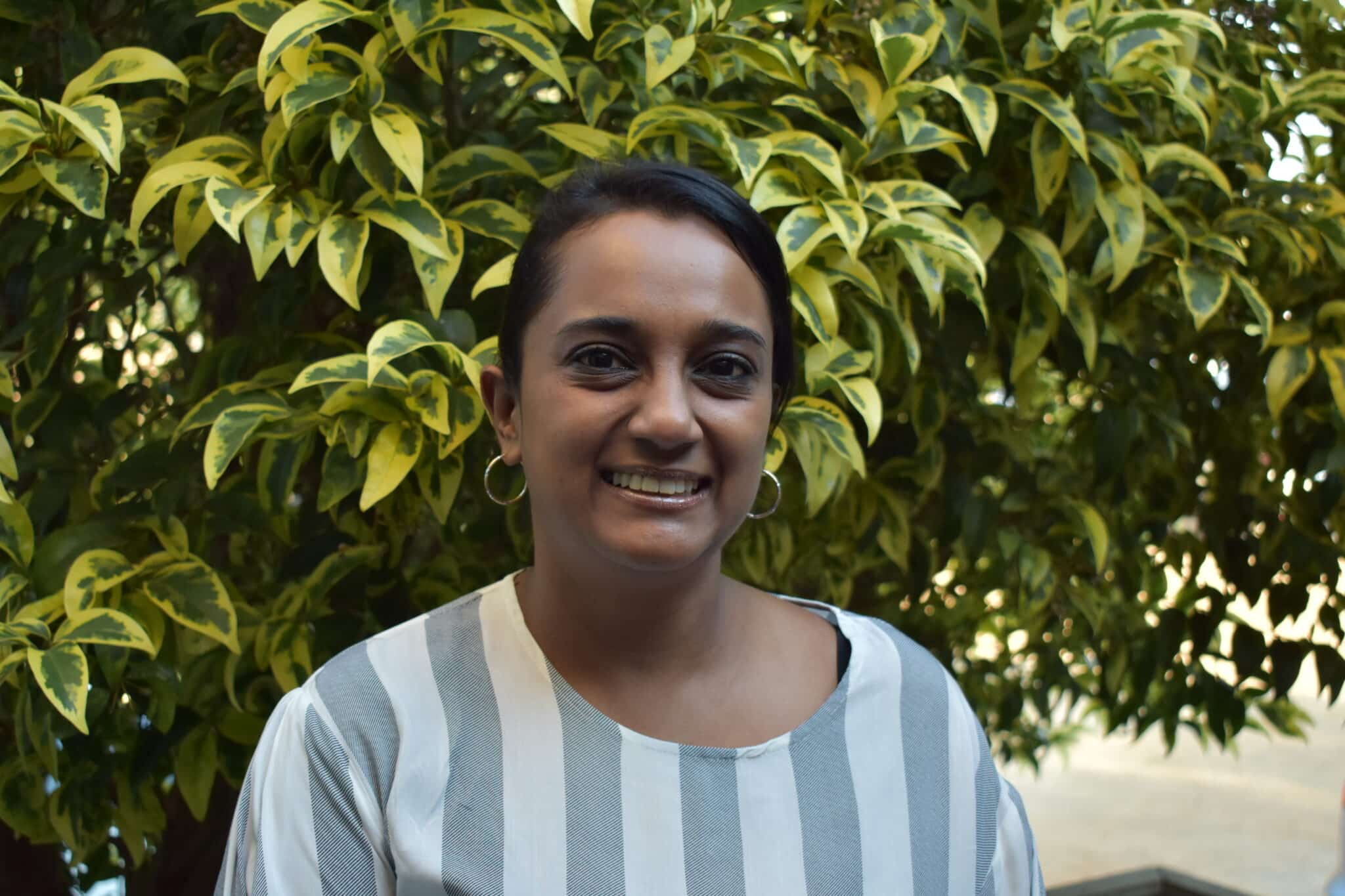
In terms of interactions that the SANSOR member companies have with Europe, she adds that several of the member companies are European owned across the various crop types, i.e. field crops pastures and vegetables. “Those that are South African owned play a role in seed production for European companies especially for vegetables. The annual congresses of the European Seed Association and International Seed Federation offer an opportunity in bringing South African and European Seed companies together for both trade and seed production,” she adds.
“I think there are great opportunities to expand on the current seed production activities. But unfortunately, there are also a number of challenges. The current challenges are mainly with the economic and political climate in South Africa. The austerity measures within government, and lack of capacity sometimes make it difficult to meet commitments for exports i.e. getting export permits on time. SANSOR as the representative body for the seed industry is working closely with government to find ways to support the seed industry,” she continues.
There are a number of particular elements that need to be improved in order for Africa’s seed sector to grow faster. “The legislative framework for seed trade and production must improve for providing intellectual property protection to seed companies as well as providing a conducive environment for introducing plant breeding innovation into Africa. Because the bulk of Africa is fed through small scale farmers, seed companies should keep this in mind when developing and introducing varieties suitable for small scale farming. Investing in co-ops and extension services that are accessible in remote areas ensures that farmers have access to quality seed and farming support and are not made vulnerable to counterfeit seed suppliers.”
Tanzania
Bob Shuma, Executive Director of the Tanzania Seed Trade Association (TASTA), shares that in September 2018, the Government of Tanzania, in the person of its Minister for Agriculture Hon. Eng. Dr. Charles Tizeba, launched the ISTA Accreditation at a meeting in Arusha. Shuma is excited about this. “This completes the circle,” he says. “Now Tanzania has UPOV, OECD and ISTA membership and welcomes investors in agriculture and seed production for the local and the export market.” This long journey has taken TASTA and its Executive Director Bob Shuma 19 years. According to Shuma, the most rewarding achievement was the government’s will to work on Public Private Partnerships to this end. “Appreciations go to various people, institutions and development partners who rendered their support and encouragement and facilitation in many ways.”
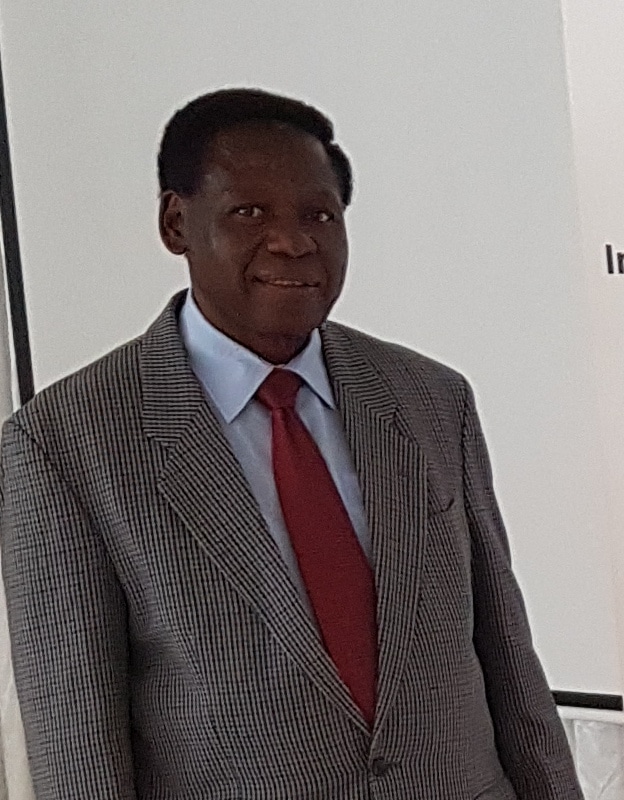
Shuma says that there are numerous foreign countries, many of them from The Netherlands which multiply vegetable breeder seed in Tanzania, and export it to Europe, earning the country a substantial amount of forex while generating skill and employment to the nationals. In return there are other companies that import vegetable seeds from The Netherlands and other EU countries.
In terms of opportunities for the TASTA member companies in their trade with Europe, Shuma expects that the trade with the EU is going to increase as more investors will come to Tanzania now that the country has ISTA, OECD and UPOV membership. The expectation is that the mainstay will be the multiplication of vegetable breeder seed, where many companies already have expanded facilities.
Another opportunity is the multiplication of breeder seed and other varieties not for local trading. “This as a result of recent TASTA lobbying for the local regulator (TOSCI) to recognize that activity without requiring to “Register” these varieties as the law demands” says Shuma.
But there are also some challenges to overcome which are preventing the TASTA member companies to do more seed trade with Europe. Shuma: “One major challenge is compliance with the EU Standards. Tanzania has just been going through reviewing its laws and policies, so there has been a certain ‘Fear of the unknown’ from some investors. But the will of the government to remove this is evident as we have all worked together to ensure a ‘facilitating environment’”
“Yes, it’s true” says Shuma, “Africa is the next growth continent and has all those potentials and we have had some successes too, but in my opinion, which I stand to be corrected, we need to work at least on the following, considering we have many challenges:
- Close collaboration between the public and private sector is important
- Review of policies to ensure conducive and facilitating environment.
- Appropriate seed systems in place.
- Harmonized local and regional agreements.
- Human resource – skills development, experienced contract farmers/knowledgeable farmers.
- Disease free areas for seed production
- Capacity building for seed trade associations and other Civil Society Organizations”
Kenya
The Seed Trade Association of Kenya (STAK) was formed in December 1982 under the Societies Act Cap 108 of the laws of Kenya, to represent interests of the seed sector and to promote the development of formal seed trade. Duncan Ochieng’ Onduu, Executive Officer of STAK mentions the association operated on a voluntary basis until July 1999 when an independent Secretariat was set up to co-ordinate its activities in serving the interests of members. “STAK is an organization of seed companies which are registered by the Kenya Plant Health Inspectorate Services (KEPHIS) to produce, process and/or market seed in Kenya, and includes service providers. To date, STAK has a membership of 36. It is our vision to Champion a Competitive Seed Industry for Food Security. The mission is to enable our members grow their businesses while contributing to national and regional food security through information, food security and service,” he says.
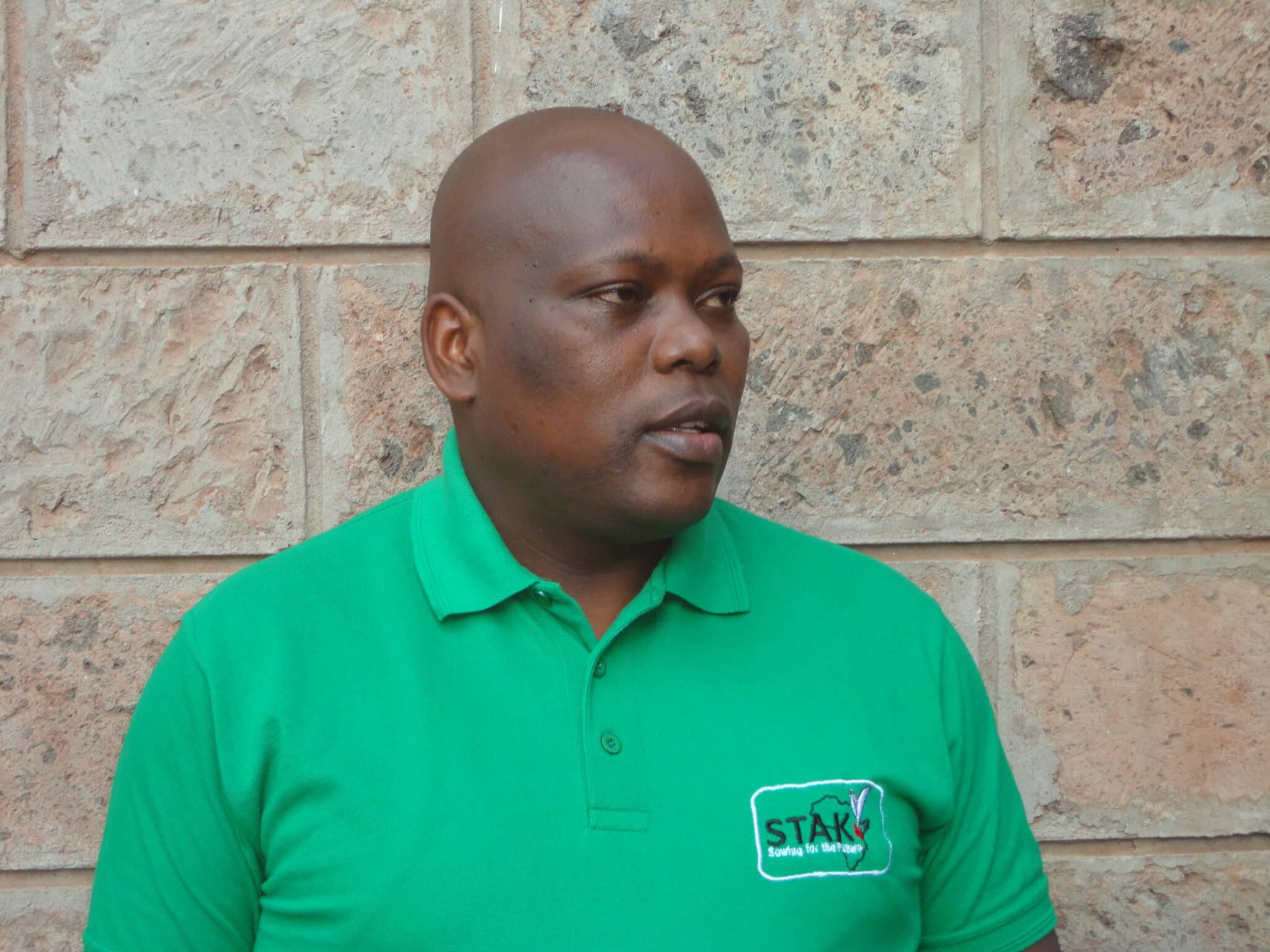
STAK is a member of the African Seed Trade Association (AFSTA, www.asfta.org) and the global International Seed Federation (ISF, www.worldseed.org). Onduu says that on an annual basis these two organizations provide a forum for Kenya seed companies to engage in business networking meetings. “This year for example, two seed companies (i.e. Kenya Seed and Simlaw Seeds) took part in the ISF meeting at Brisbane, Australia from the 3-6, June where the companies made business contacts with seed companies operating in Europe. The AFSTA Congress in Egypt this year also provided such an opportunity where seed companies made business contacts. Some of the Kenyan Seed companies that attended included Agri Seed Co, Monsanto, Quali Basic Seed Company and Bayer among others,” he adds. An analysis of these two events shows that both local seed companies and multinationals alike trade with Europe on seed.
Most of the Kenyan seed business with Europe is largely on vegetables and potato from Netherlands. “The challenges with vegetables are largely on varietal purity, while potato from The Netherlands has challenges related to diseases. There are broad issues to do with Plant Import Permits (PIPs) which seed companies in Kenya find long and arduous and would have made ease of seed business if these were faster and efficient,” Onduu indicates, adding that this is an opportunity that can be tapped to enhance the seed business between Kenya and Europe if it is streamlined. “This would increase business trade in vegetables; while solving challenges related to potato is a big opportunity for seed companies since potato has been identified as a priority crop in the Government’s BIG FOUR Agenda priority on food security. The big four priorities are: manufacturing, food security and nutrition, providing universal health coverage and affordable housing,” he concludes.
Ghana
The National Seed Trade Association of Ghana (NASTAG) is a nascent association formed in 2016 and launched in August 2017 as an amalgamation of all seed sector players with a vision to promote the growth of the seed industry through improvement in members businesses and the use of quality seeds for improved livelihoods says Augusta Nyamadi-Clottey, Executive Secretary of NASTAG. “Seed remains the heart of agriculture in any part of the world. In Ghana the importance and use of quality seeds by farmers for maximum yield has taken the centre stage in recent times with the private seed sector playing a significant role. Several efforts to promote the use of certified seeds have proven not too successful,” she says.

However, in recent times, the significant role that seeds play, coupled with the application of the right agronomic practices in enhancing productivity, has pushed industry players, led by the government, to put much emphasis on enhancing the seed sector in Ghana. This is done mainly through local seed production, increased availability, accessibility, affordability and utilization to optimize yields and to meet international standards.
Since its establishment, NASTAG has joined the African Seed Trade Association (AFSTA) through which it has gained access to an international platform at annual congresses to interact with some European seed and seed related companies to discuss some business deals says Thomas Havor, President of the Association. “It is worth mentioning that through this and other interactions, two of such companies – PETKUS and World Vegetable Centre – have visited Ghana and specifically NASTAG to discuss business deals in promoting the seed sector in Ghana.”
Further to the above, interaction with Europe by member seed companies continues to increase as the association continuously links up with some of the European companies that participated in the AFSTA annual congress, to establish business links. Hybrid maize seed multiplication and vegetable seeds importation through these business linkages are gaining grounds. “This, to some extent, is as a result of the government’s flagship programme, ‘Planting for Food and Jobs (PFJ)’ campaign that seems to hype the use of quality certified seeds at subsidized rates. This is an opportunity which members and for that matter the private seed sector players are leveraging to enhance the market for certified seeds supply resulting in increased business deals with Europe,” Clottey shares.
She adds that there exist further opportunities for European companies to multiply seeds in Ghana for distribution. This can be time-consuming and capital intensive but with enormous benefits. “Africa has a lot of opportunities to grow the seed sector at an accelerated rate.” For Ghana in particular to attain its seed sector full potential, it will require the following:
- Accelerating the passage of the Plant Breeders Rights Bill for researchers to protect their intellectual property and for research institutes to expand their business horizons.
- Public Private Partnerships (PPP) to refurbish and manage seed infrastructure while working assiduously to promote private seed processing facilities
- Investment financing for seed enterprises to take advantage of opportunities from Europe to expand the seed businesses
- The introduction of seed certification at the Early Generation Seed level to enhance the quality of breeder and foundation seeds which are the basis for the seed multiplication process
Havor concludes: “Ghana has its Plants and Fertilizer Act 2010, Act 803, a well-developed National Seed Policy and its Implementations Plan (The National Seed Plan) as well as its regulatory framework, in which both public and private sector actors play very significant roles. The operationalization and implementation of the seed protocols in an effective and efficient manner should lead to the accelerated growth of the seed sector in Ghana to contribute to Africa’s food security goals and overall progress.”



